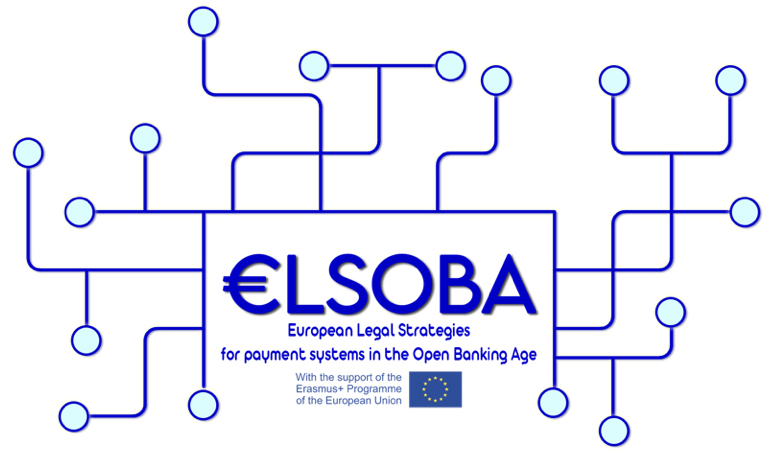
Contracts and Payments in the Digital Era (May 27-28, 2021)
The conference is aimed at analysing the problems raised by the contractual mechanisms that have been made possible thanks to the implementation of sophisticated devices in the field of Information & Communication Technologies. In this complex framework, highly critical issues regard the payment of goods and services offered through the websites, and especially through online platforms that intermediate between professionals and consumers, including the ones that can be considered collaborative platforms. On the one hand, there is a need to enhance consumer digital competence, that has been efficaciously defined as the competence consumers need to function actively, safely and assertively in the digital marketplace. On the other hand, the existing EU legislative framework shall be assessed in order to verify its coherence with the maximisation of consumers’ welfare, and to propose new rules or new interpretative schemes.
Call for papers (deadline March 31, 2021)
ELSOBA Warsaw Conference Programme _May 27-28, 2021
Competition and payment services (June 16-17, 2022)
The conference is aimed at analysing some of the critical issues emerging out of the second Payment Services Directive (Directive 2015/2366 / PSD2). The PSD2 is developed along three interlinked policy lines, aiming at: 1) increasing consumer protection; 2) enabling the development of technology applied to the payment system; 3) opening up the market for payment services to new entrants. In paving the new road towards an Open Banking environment, the PSD introduced a sector-specific data portability rule (the “access to account rule” or “XS2A rule”) allowing digital operators (“Third party payment providers”, “TPPs”) to access users’ account data detained by incumbent banks in order to provide new payment-related services requested by the customer (and upon her solely consent). Such a process is double-edged, because if it is expected to generate significant benefits for both the businesses and consumers, on the other hand not trivial financial stability implications might arise in connection to the vulnerabilities that the foreseeable market development could ingenerate within both the traditional banking and the very FinTech sector.


